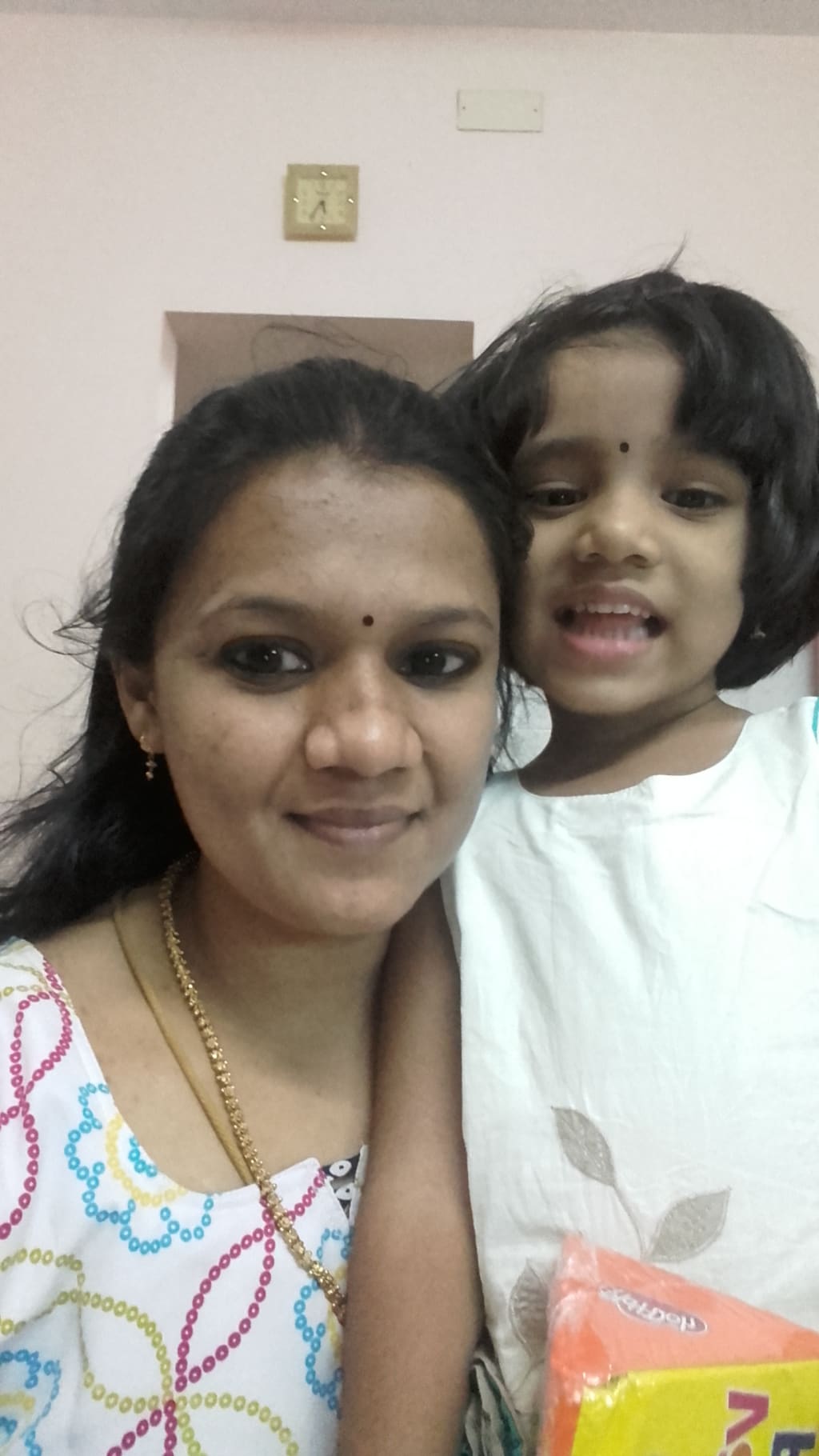
Fasting during the month of Ramadan is one of the Five Pillars of Islam and is observed by millions of Muslims worldwide as a central religious practice. The fast, known as Sawm, is a significant aspect of Ramadan and holds both spiritual and physical dimensions. Here are key aspects of Ramadan fasting:
Intention (Niyyah): The fast begins with a sincere intention, made in the heart, to observe the fast solely for the sake of Allah. This intention is crucial, as it distinguishes fasting during Ramadan from ordinary abstention.
Suhoor: Muslims start their fast with a pre-dawn meal called Suhoor. It is eaten before Fajr (the pre-dawn prayer) and typically includes a balanced and nutritious selection of foods to sustain individuals throughout the day.
Abstinence: From dawn until sunset, Muslims abstain from consuming food, drinking liquids, smoking, and engaging in sinful behavior. The fast extends beyond just refraining from physical needs; it also involves maintaining a high standard of moral behavior and avoiding negative actions.
Iftar: The fast is broken at sunset with a meal called Iftar, starting with the eating of dates and drinking water, followed by a more substantial meal. Sharing Iftar with family and friends is a common practice, fostering a sense of community and gratitude.
Spiritual Reflection: Ramadan is a time for increased devotion, self-discipline, and spiritual reflection. Muslims use this month to engage in extra prayers, read the Quran, and seek forgiveness for their sins. The heightened spiritual atmosphere encourages personal growth and a closer connection to Allah.
Laylat al-Qadr: The Night of Power, or Laylat al-Qadr, falls within the last ten nights of Ramadan and is believed to be the night when the Quran was first revealed to Prophet Muhammad. Muslims dedicate themselves to intense prayer and supplication during this blessed night, seeking spiritual blessings and forgiveness.
Zakat and Sadaqah: Fasting during Ramadan extends beyond abstaining from food and drink. Muslims are encouraged to reflect on the plight of the less fortunate, practice empathy, and engage in acts of charity. Many choose to give Zakat (obligatory almsgiving) and Sadaqah (voluntary charity) during this month.
Eid al-Fitr: The culmination of Ramadan is celebrated with the festival of Eid al-Fitr, which marks the end of fasting. It begins with a special prayer, followed by festive meals, social gatherings, and the exchange of gifts. It is a time of joy, gratitude, and the expression of brotherhood and sisterhood within the Muslim community.
Fasting during Ramadan is not only a physical discipline but also a means of achieving spiritual growth, developing empathy for the less fortunate, and strengthening the sense of community among Muslims. It serves as a reminder of the importance of self-control, gratitude, and compassion in one's daily life.
Iftar is the night dinner with which Muslims end their day to day Ramadan quick at dusk. It is a critical and upbeat second during the heavenly month of Ramadan. The expression "Iftar" is gotten from the Arabic word for "breakfast" or "to break the quick."
The planning of not entirely settled by the Maghrib petition, which happens soon after dusk. Muslims generally break their quick by polishing off a couple of dates and water, following the custom of Prophet Muhammad (harmony arrive), and afterward continue to play out the Maghrib supplication. After the request, a more significant dinner is delighted in.
Iftar dinners shift across societies and districts yet regularly incorporate a fair mix of dates, water, natural products, soups, bread, and different dishes. It is normal for families to accumulate for Iftar, and numerous Muslims likewise take part in magnanimous demonstrations during this time, welcoming companions, neighbors, and those deprived to go along with them for the night feast.
Iftar holds profound and collective importance, as it denotes the finish of a day of fasting and gives an open door to reflection, appreciation, and the reinforcing of familial and local area bonds. Moreover, Muslims frequently take part in extra petitions and demonstrations of love during the period of Ramadan, making Iftar a period for both physical and otherworldly sustenance.
About the Creator
Enjoyed the story? Support the Creator.
Subscribe for free to receive all their stories in your feed. You could also pledge your support or give them a one-off tip, letting them know you appreciate their work.






Comments
There are no comments for this story
Be the first to respond and start the conversation.